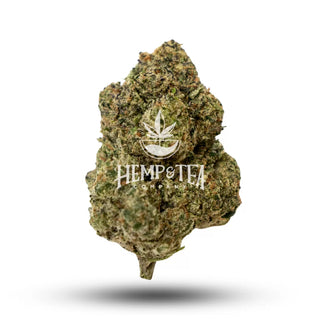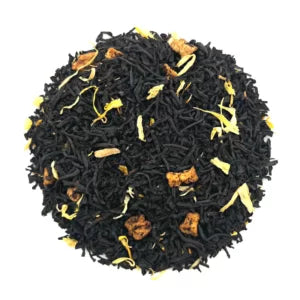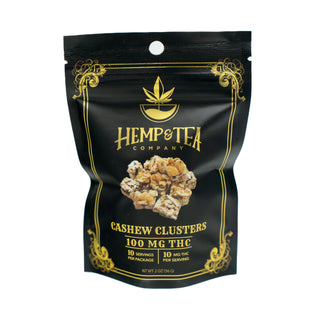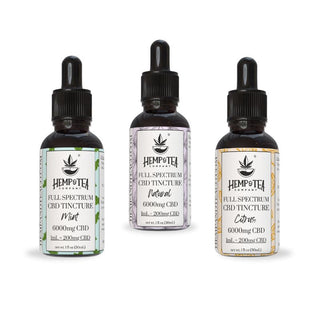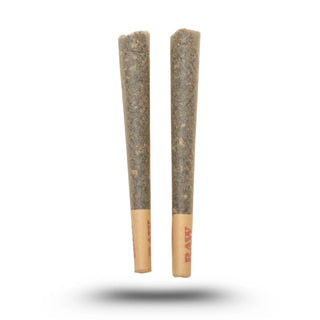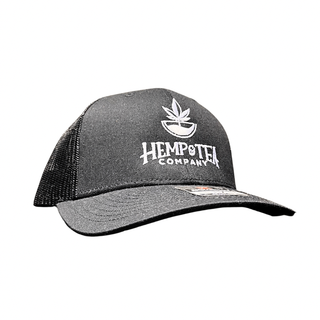In the modern cannabis movement, few figures are as beloved—or as influential—as Mary Jane Rathbun, affectionately known as Brownie Mary. With a tray of infused brownies and a heart of gold, she became a symbol of compassion and resistance during the height of the AIDS crisis in San Francisco.
This blog dives deep into her story: how she became a cannabis icon, the legal battles she fought, and the legacy she left behind for the medical marijuana movement.
Who Was Mary Jane Rathbun?
-
Born in 1922 in Chicago
-
Moved to San Francisco in the 1970s
-
Worked as a waitress by day, activist by night
-
Known for baking cannabis-infused brownies for terminally ill patients
The Birth of “Brownie Mary”
While volunteering at San Francisco General Hospital, Rathbun began baking marijuana brownies for AIDS and cancer patients suffering from nausea, loss of appetite, and pain.
“They were just dying in those beds, and nobody was doing anything. I couldn’t sit by and watch.” — Brownie Mary
Her compassionate actions quickly caught the attention of authorities.
Arrests & Legal Challenges
Despite her grandmotherly appearance, Rathbun was arrested three times in the 1980s and '90s for possession and distribution of cannabis. These arrests, rather than silencing her, became rallying points for public support.
Arrest Timeline:
-
1981: First arrest for baking ~50 dozen pot brownies
-
1992: Arrested again, sparking public outcry and media attention
-
Each arrest drew more support from AIDS advocates, LGBTQ groups, and cannabis reformers
Contributions to Medical Cannabis Reform
Mary Jane Rathbun didn’t just bake—she ignited a movement:
-
Advocated for Proposition P (San Francisco, 1991), urging the state to legalize medical marijuana
-
Co-founded the San Francisco Cannabis Buyers Club with Dennis Peron
-
Worked closely with doctors, nurses, and hospice organizations to legitimize cannabis care
Cultural Impact
Rathbun was not just a symbol—she was a warrior. Her image helped humanize cannabis use and showed that the drug wasn’t just for “stoners” but also for patients in need.
Featured In:
-
Documentaries like The Legend of Brownie Mary
-
Cannabis activism campaigns in the early 2000s
-
The Marijuana Hall of Fame (posthumously honored)
Quotes from Supporters
-
“She made cannabis a public health issue, not a criminal one.” — Dennis Peron
-
“Brownie Mary helped turn compassion into activism.” — NORML
External Resources
Why Her Legacy Still Matters
Rathbun’s grassroots advocacy helped:
-
Destigmatize medical cannabis use
-
Humanize patients as deserving of relief
-
Set the foundation for California’s Prop 215, the first state medical marijuana law (1996)
How We Can Honor Brownie Mary Today
-
Support equitable access to cannabis
-
Continue fighting for compassionate care
-
Advocate for full federal legalization
Final Thoughts
Mary Jane Rathbun proved that one person—with compassion and courage—can spark systemic change. Today’s booming cannabis industry owes a debt to Brownie Mary, the rebel grandmother who made edibles a symbol of healing.



